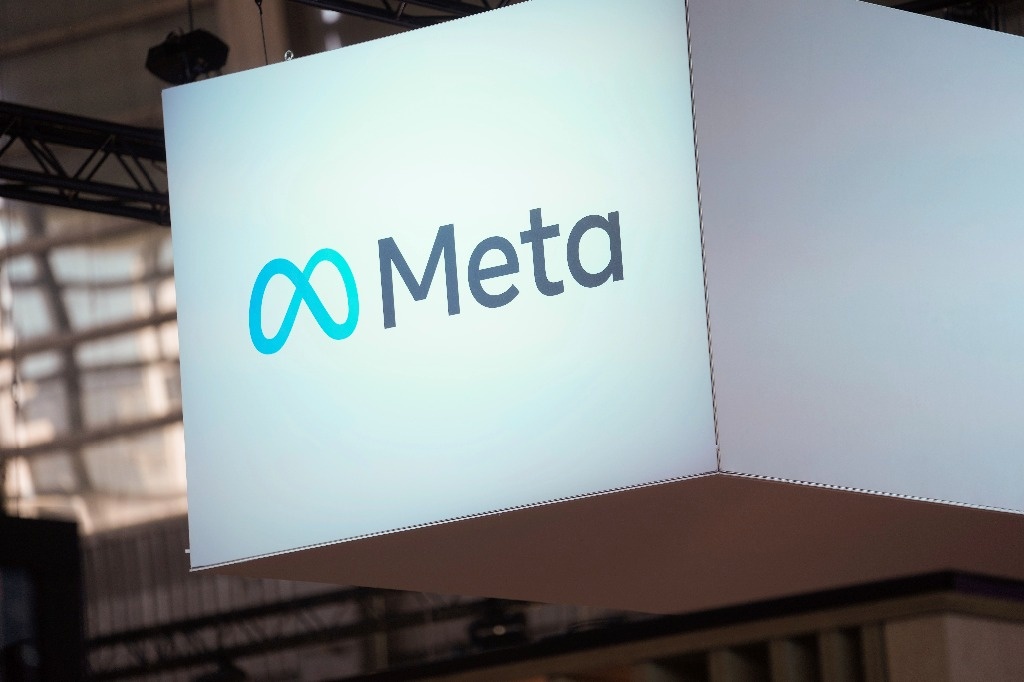Washington. The tool CrowdTangleconsidered vital to monitor disinformation on social networks, will be dismantled by the American group Meta in the coming months, a movement that researchers describe as a “setback” in a year with elections in numerous countries.
The company that owns Facebook and Instagram announced that CrowdTangle will no longer be available starting August 14, less than three months before the election in the United States. The technology giant plans to replace it with a new tool that, researchers warn, does not have the same functions and will not be widely available to journalistic organizations.
During years, CrowdTangle It has been a fundamental platform for journalists and researchers, because it allows them to follow in real time the proliferation of conspiracy theories and hate speech on the influential networks owned by Meta, including Facebook and Instagram.
Withdrawing the monitoring tool is a hard blow in a year when dozens of countries are holding elections, an ideal time for the proliferation of false narratives.
“In a year when almost half of the global population is called to vote, cutting access to CrowdTangle will severely limit independent monitoring of these harms,” he told the AFP Melanie Smith, research director at the Institute for Strategic Dialogue (ISD).
“It represents a dangerous setback for the transparency of social media platforms,” he added.
Meta will replace CrowdTangle con Content Library, a technology still in development.
Some voices in the technology industry, including former CrowdTangle boss Brandon Silverman, say it is not an effective substitute, especially in the face of elections where lies created with artificial intelligence are likely to multiply.
Meta will have to build “a whole new technology” to protect the integrity of the election, he told the AFP Silverman, who called for “openness and transparency.”
– “Direct threat” –
Launched by Meta in 2016, CrowdTangle has helped investigators detect problems such as foreign interference, online harassment, and inciting violence.
In the 2020 election, Meta offered the platform to US election authorities to help combat misinformation and attempts to prevent people from voting.
Panels were also available to the public to monitor what the main candidates were publishing on their official networks.
Given the risk of losing these functionalities, the Mozilla foundation asked Meta in an open letter to maintain CrowdTangle at least until January 2025.
“Abandon CrowdTangle when to Content Library missing so many of its fundamental functions undermines the fundamental principle of transparency,” states the letter, signed by dozens of researchers and watchdog groups in the technology area.
Among the functions that the new tool is missing is the great search flexibility it offers CrowdTanglewhose withdrawal would represent a “direct threat” to the integrity of the elections, the letter adds.
Meta said through his spokesman Andy Stone that what the letter alleges is “simply wrong” and that Content Library will have “more complete data than CrowdTangle” and will be available to academics and nonprofit organizations specializing in election integrity.
– “A lot of concern” –
The new Meta tool will not be available to commercial media outlets.
In recent years, journalists have used CrowdTangle to investigate topics such as health crises, human rights violations and natural disasters.
And reporters have also used it to pay for articles that have not left Meta in a good light, about its difficulty in moderating online content and the abundance of pirated applications on its video game platform.
CrowdTangle has been a crucial source of data that helped “hold Meta accountable for the implementation of its policies,” he told the AFP Tim Harper, analyst at the Center for Democracy and Technology.
Content Library will be available to those organizations – including the AFP– that are part of a Meta program of verification of online content by third parties.
But other researchers and nonprofits will have to apply for access or opt for costly alternatives.
“It is not entirely clear whether independent researchers – already concerned with the loss of functions CrowdTangle– will have access,” said Carlos Hernández-Echevarría, Public Policy coordinator at the Spanish portal Maldita.
“This has caused a lot of concern.”
#Meta #eliminate #tool #disinformation #journalists
– 2024-04-21 14:55:45
